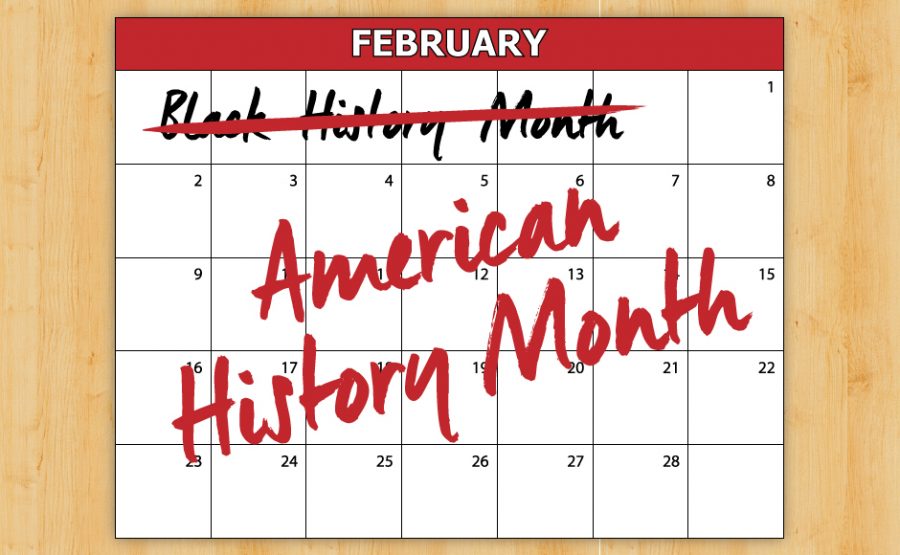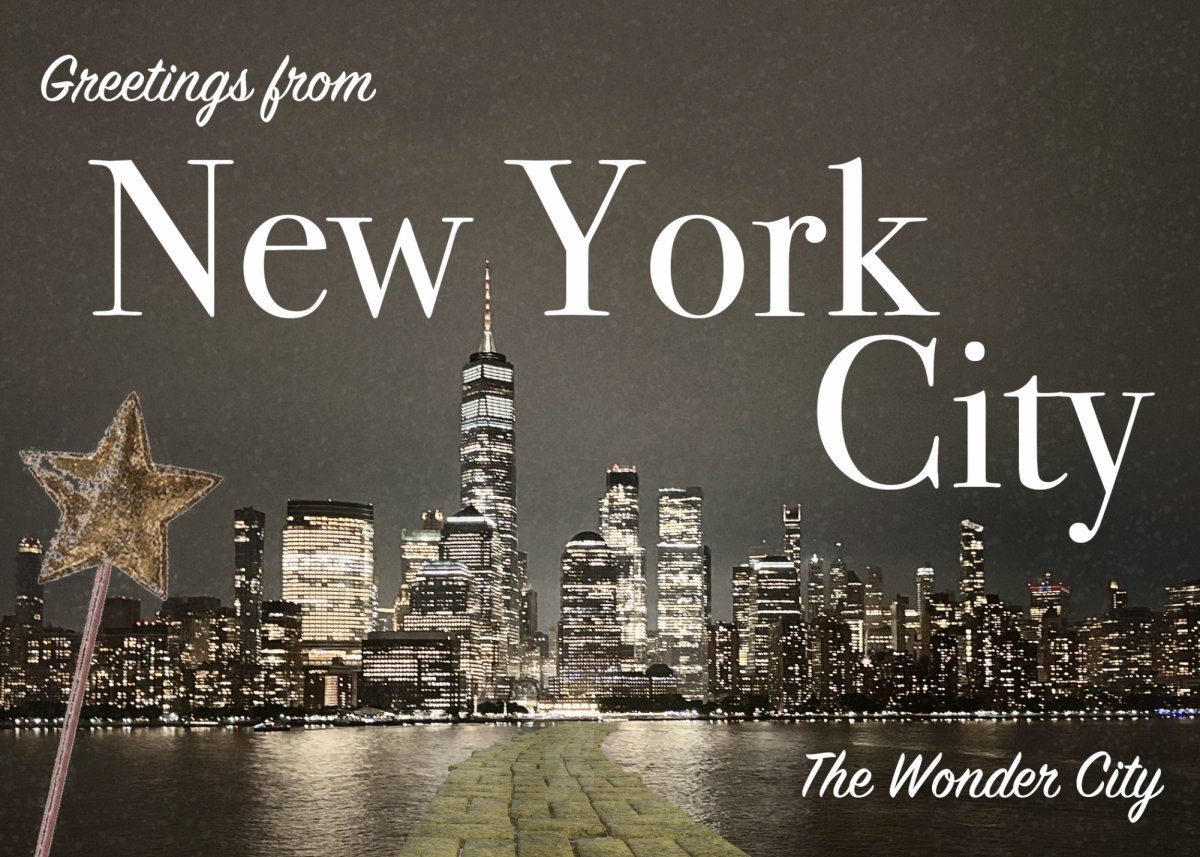Kevin Coriolan | News Editor
Over this month of February, there has been little to no organized celebration of Black History Month, and that might be okay.
Perhaps the key to solving race issues in America is by not letting race become a thing. To not continually speak about race like it is a problem may be the way to erase the problem itself. Let me expound.
“I don’t want a Black history month. Black history is American history,” Academy Award winning actor Morgan Freeman said in 2008 during a 60 Minute interview. His strategy to get rid of racism was to refer to people by their actual names and not by the color of their skin. No one seems to know why there is a Black History Month, but there is no White History Month. The connotations that come with the terms “Black”, “White”, and “Colored” probably stemmed from the inequality of the month’s label.
It makes sense right? We don’t identify a person by the size of their nose, the frizziness of their hair, or the color of their eyes. We call them by their names: Brady, Jessica, and Cassie. Yes, their features are a part of them, but these traits do not define who these people are.
Now, I’m not totally sold on this idea that everyone should stop talking about race. That seems impossible at this point of time in the Earth’s history. But I am choosing to entertain the idea because I do believe that racism is a problem and I believe that it is tremendously complicated. Therefore, a complicated problem must call for a complicated answer.
To get rid of racism then, we must all agree, culturally, that racism does not make sense. It cannot be a philosophy of people any longer. For racism to vanish, the mindset of superiority must also vanish. Can a culture agree on one idea though?
I see the disappearance of race (in the United States) happening maybe in 500 years, and that will be because of the mixing of races that will happen over that time.
Then we must ask if we need to throw out the idea of race as Freeman suggested. This should prove difficult because people all across the country and the world identify largely by their race. This is how humans function; we categorize by appearance and behavior and develop meaning for those concepts.
The BVU community most likely did not intentionally leave out Black history as a part of February. It may be due to poor marketing even. However, it still brings up the point of race and its presence in daily life.
Graphic by Aaron Burns









